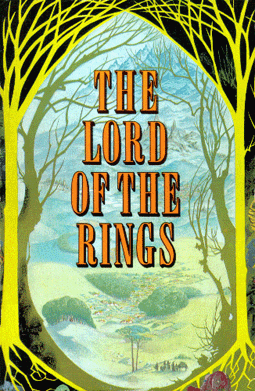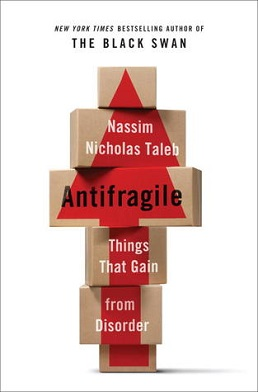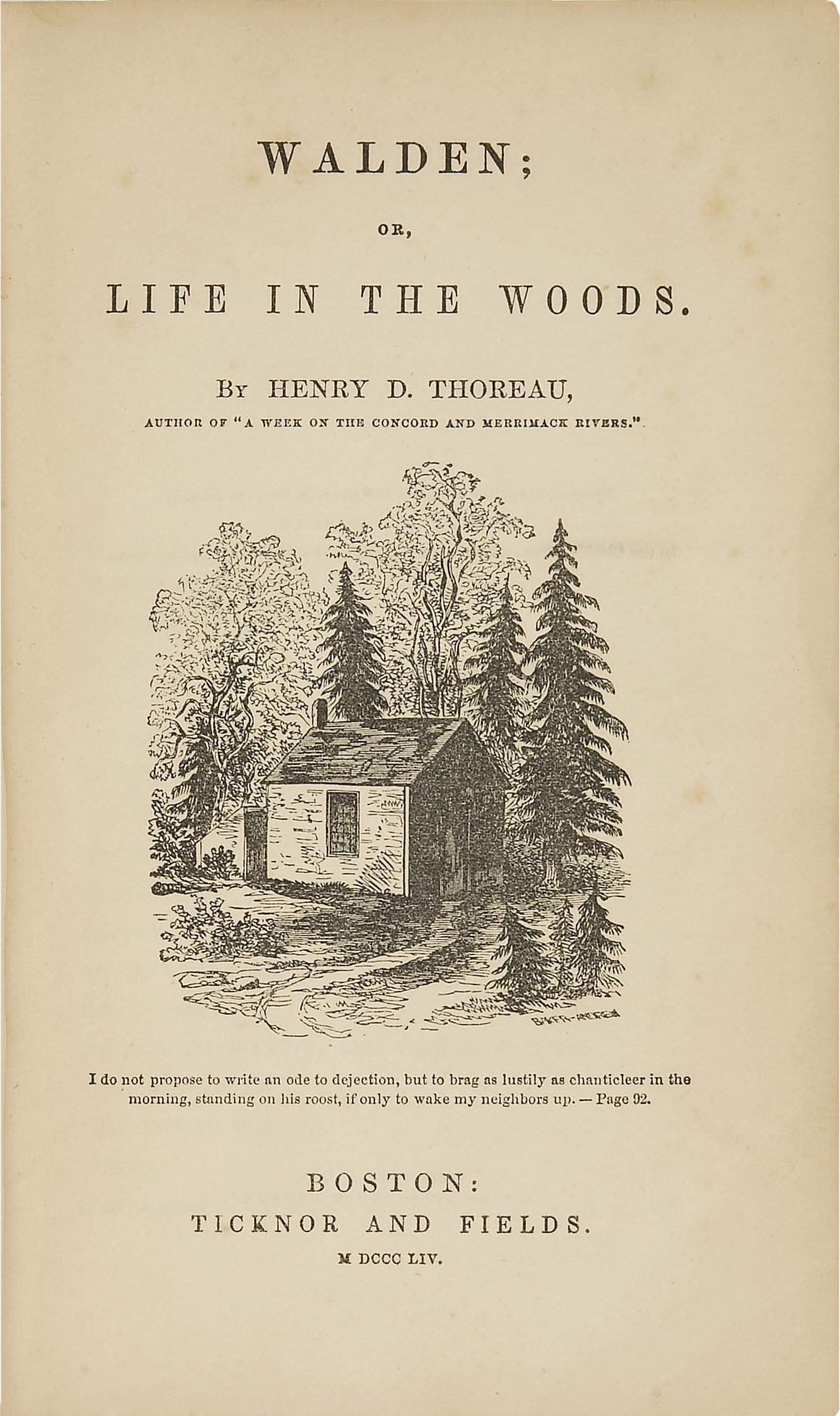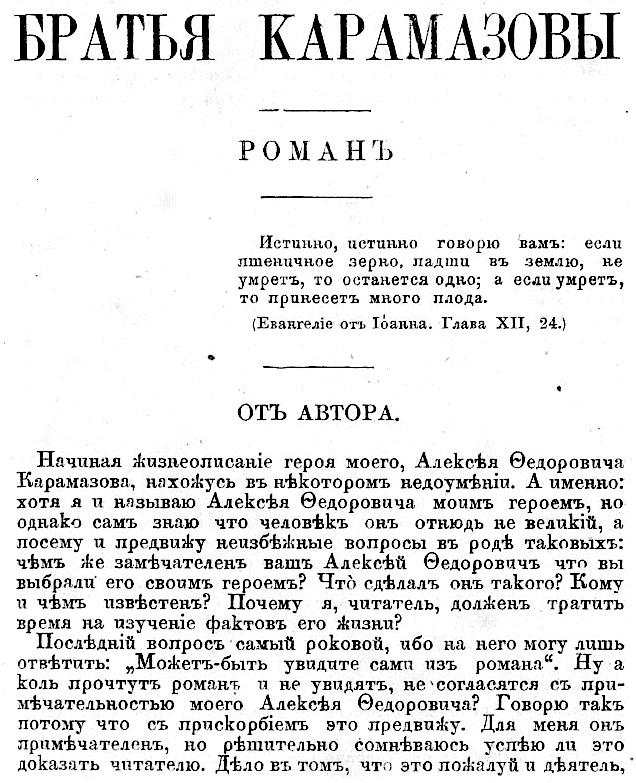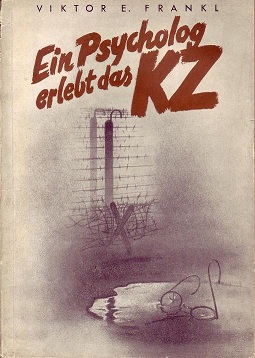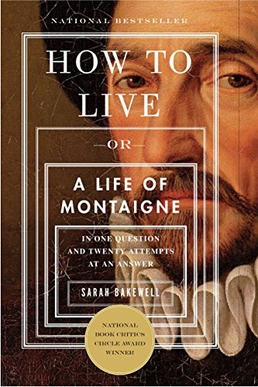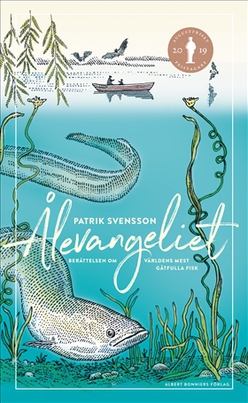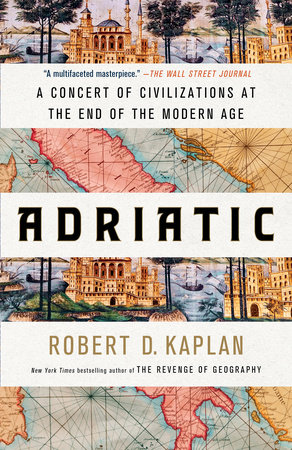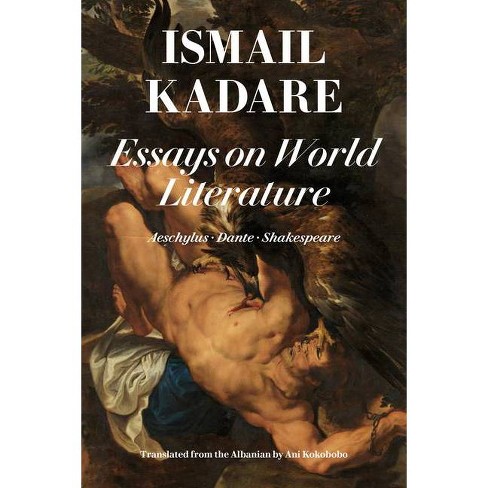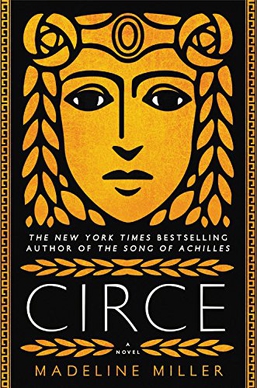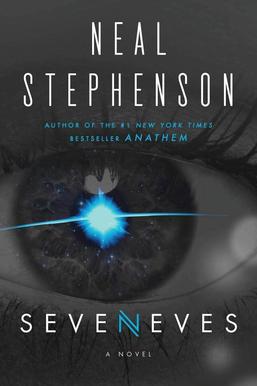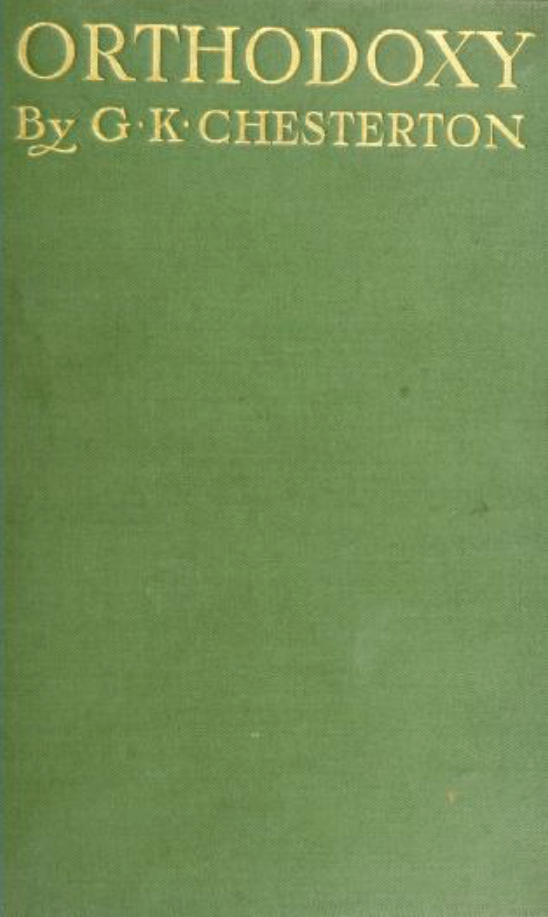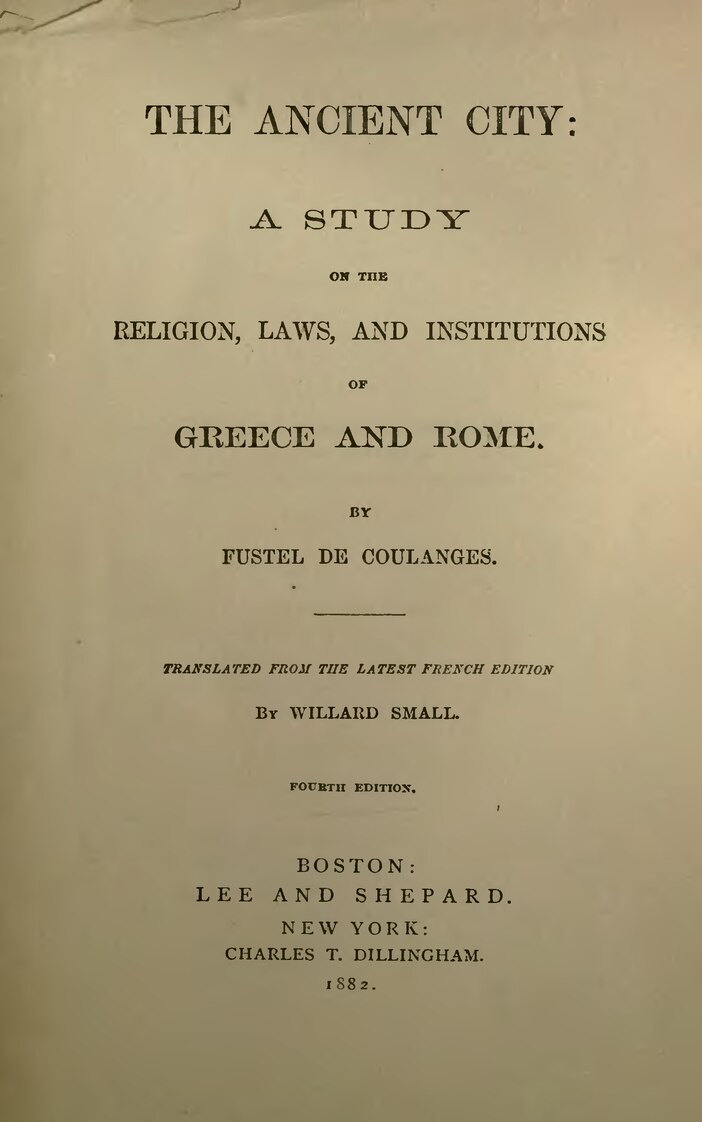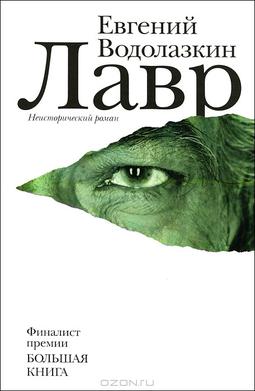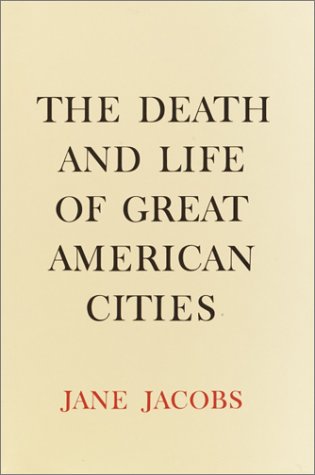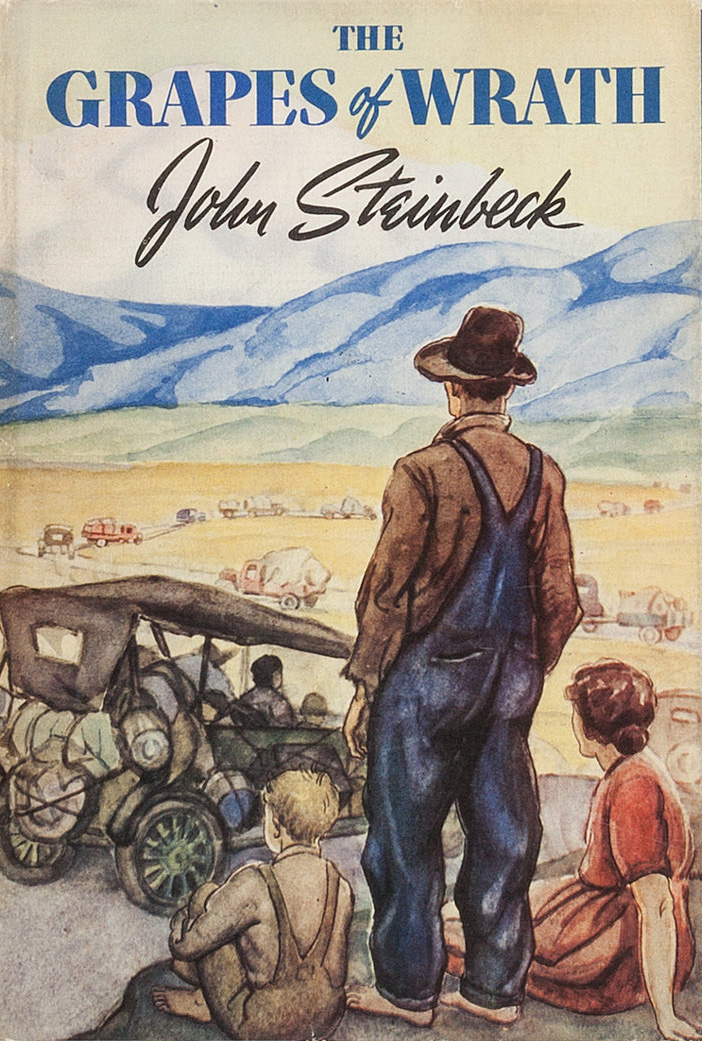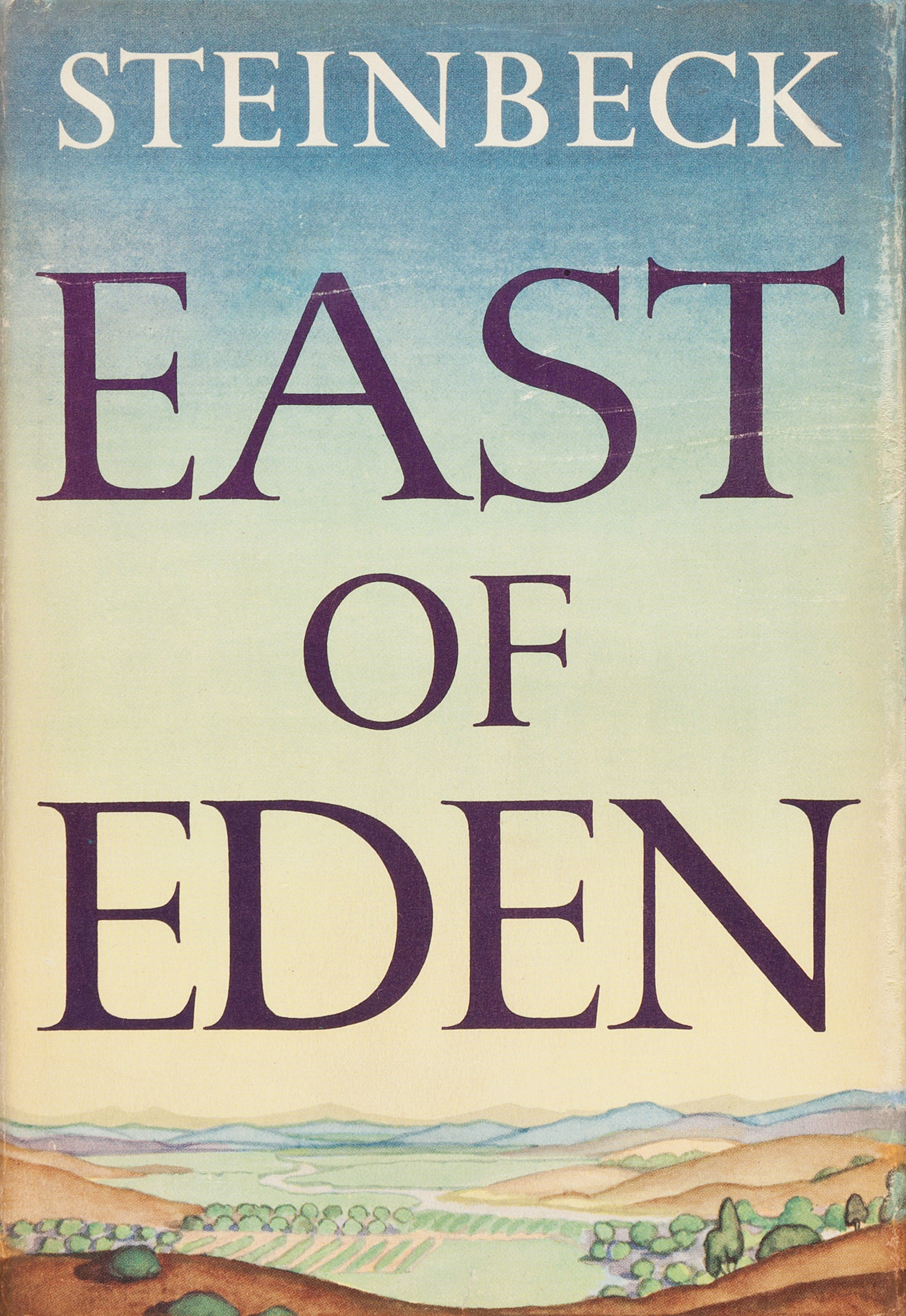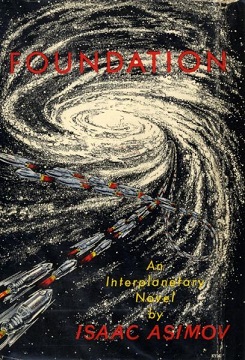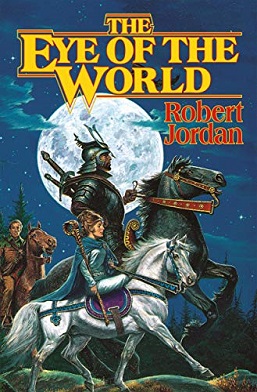30 for 30
This is a collection of the 30 books I found most interesting, impactful, or worth telling friends about. It’s not necessarily a list of the “30 BEST BOOKS OF ALL TIME”, because that would just descend into snobbery (“Oh, you haven’t listed all Dostoevsky’s work, do you even know how to read?”). These are the 30 books that mean the most to me in no particular order. Why 30? Well I recently turned 30 and planned to post this on my birthday (I was not even close to achieving that goal).
Some housekeeping: I just called this a collection of 30 “books”, but it’s actually a collection of the 30 books and/or series. The latter section of the list contains series - if I counted the individual books in each series it would put me over the self-imposed 30 item limit.
Singular Titles
Les Miserables
10 years ago, if you told me what this book was about without any context, I would be shocked to learn that it would turn out to be one of my all-time favourites. These books are intentionally not ranked, but if they were this one would have a strong case for number 1.
This is essentially a love story, but buried in the love story is a long arc of forgiveness and redemption. And if you get bored of that nonsense, there’s a violent revolution, tales from the criminal underworld of Paris, and an extremely long yet fascinating digression on the Paris sewer system.
I cannot recommend this book enough. It is one of the best at capturing humanity at its most beautiful and tragic. This is the first story we should give to the aliens - I think it’s our best chance at allowing them to understand us.
I recommend listening to the following playlist during/after reading:
A Gentleman in Moscow
I am absolutely a sucker for a witty, classy protagonist. Are they Russian? Even better. Beyond that, though, this is a story of finding meaning and of knowing what it is to be strong.
This book can be read lightly - it is funny and a bit silly at times - but it also reveals the consequences of oppression, corruption, and tyranny. And it shows how one person can fight back in their own small way.
Lord Of The Rings
Perhaps no story holds the imagination of young children the same way. And it still hits hard re-reading it as an adult. This book is so foundational that I disqualified a few books and series from this list because they borrowed too many LOTR elements. It is the ultimate hero’s journey and yet ends with a heavy melancholy. There is a simplicity to the story - none of this moral ambiguity nonsense that modern fantasy writers are always messing around with1 - but a darkness, too. Everything ends, and the horrors of war are sometimes too much for the heroes who end it.
It is also incredible that Tolkien invented a language first and then decided he needed a world to put it in. Arguably the most iconic fantasy world of all time wasn’t even the author’s primary goal.
Also, this is not a series, it was released as a single volume.
Antifagile
Most of Taleb’s books appeal to me - his writing is excellent - but this one felt the most practical. Black Swan was good, but I didn’t connect with it the way I did with Antifragile. The combination of rigorous mathematics and ancient philosophy as applied to daily life hits all the right notes for me.
It is an aspirational book. Taleb writes in hyperbole, but his points are good ones. We would all do well to try to structure our lives to benefit from disorder and volatility.
Walden
Idealistic and Romantic. This book is best enjoyed slowly. If possible, over a week of camping or at a quiet cottage. The ideas Thoreau explores transcend living alone in a cabin in a woods. He touches on what it means to be comfortable in your own skin. And the magic of introspection in a world of rapid technological and political upheaval. Hard to believe he was complaining about the pace of change during an era without the telephone or cars.
Honourable mention to another Thoreau essay here - the copy of Walden I have appends Civil Disobedience to Walden and it is an excellent read. After all the (possibly overdone) talk of abandoning civilization, it hits different when the author is willing to sacrifice their comfort and security for the improvement of said civilization.
Dominion
There are some books that are a fun ride. When they end, you’re happy you took the time to read them, but they don’t linger. There’s no aftertaste, good or bad.
This is not one of those books.
Regardless of how you feel about Christianity - and organized religion in general - this book will sit with you for a long time. It is one of the few books I’ve ever read that immediately changed how I see the world.
What does humanism, communism, and atheism all have in common? They are all rooted in Christian values.
For the Romans, religion was not something you “practiced”, it was “who you were”. Only Christianity introduced the divide between the secular and the religious life.
The best way I can describe the feeling is: all your life you’ve thought you detected similarities between you and a group of people, then one day you find out you are actually related and share a direct ancestor, and it all makes sense. It’s like that, and it turns out you’re related to all people who grew up in “the West”.
I promise you, no book will shape how you see human history like this.
Brothers Karamazov
On any given day, I can identify with at least one of the three brothers.
Ivan’s tale of the Grand Inquisitor is the greatest story within a story of all time. And I don’t think it’s particularly close. Libraries have been filled with books analyzing that conversation between the two brothers. Don’t read any of those. Just read the book yourself.
As an aside: when did people stop being afflicted by “brain fever”? A Dostoevsky novel would not be complete without a little brain fever. Is it a coincidence that so few writers have reached the heights of the great Fyodor? “Brain Fever In Novels Leads To Bestsellers: My Column”
Man’s Search For Meaning
There is no book, I think, that is more haunting and inspiring on a per word basis. I read this before visiting the Memorial to the Murdered Jews in Berlin. There are really no words fit to describe the horror, and the courage in the face of it.
How To Live: A Life of Montaigne in One Question and Twenty Attempts at an Answer
The ultimate gateway to Montaigne. Full of interesting anecdotes from Montaigne’s life. And it doesn’t skimp on depth, either. Worth reading for anyone who thinks they know everything.
“Que sais-je?”
The Name of the Rose
It’s Sherlock Holmes as a monk. Witty and absolutely gripping.
The first 100 pages or so are literally a slow climb to the top of a mountain. But like most mountaintop hikes, once you get there, the view is well worth the effort.
The vivid description of life in monasteries, as well as the violence of the religious feuding of the time is incredible.
The Book of Eels
So, this entire list is actually just a front to give me the chance to talk about eels.
Are they immortal? Why won’t they reproduce in captivity? Why are all eels born in the same place in the middle of the Atlantic Ocean? How do they know how to return to the right place at the end of their lives so they can breed and give birth?
This book answers some of these questions, but not all. And wrapped around the biology is a heart-warming story of the relationship between father and son. And sprinkled throughout are philosophical musings on life, death, and what it means to be human.
Do not ask me about this in person unless you want me to repeat the above and also give you my extra copy of the book.
Anna Karenina
For me, Lenin is just so relatable.
Anna’s fight against society is the ultimate tragedy. Her tortured internal monologue as she descends into darkness is really something.
The character depth in this book is just off the charts.
I feel like I should have more to say about one of the greatest novels of all time, but there’s so much book in this book. Just read it yourself.
Adriatic
When I travel, I try to read something connected to the place I am going - either while I’m there or just before. For whatever reason it helps me remember the contents of the book better, but also it usually gives some anecdotes about the place which makes me feel more connected to it. Adriatic is not the first book I did this with, but it cemented this practice, for me.
Please read this while on a beach in Greece. Or Croatia. Or Italy.
Kaplan is one of the best at the travelogue style essay. At least for me, layering present-day descriptions of a city’s “vibe” with its history and stories of its people hit all the right notes. Books like this connect you to places on a deeper level and makes it harder to be just a tourist. You still are just a tourist, but there’s context, roots that you are now at least subconsciously aware of, and that makes these places unique in the world.
Essays on World Literature
Albania’s greatest writer musing on some of the most important works ever written. If you can, read while at a café in Tirana (fun fact: the charming capital of Albania has the most cafes per capita in the world).
These essays inspired me to read Dante and Aeschylus (sorry, that’s a brag), but also gave me a deep respect (and fear, if I’m being honest) of the heritage of the Albanian people. In Albania, blood feuds are both real and terrifying.
Circe
Myth retold and unpacked. Just unbelievable writing. For me, this book revived a fascination with Greek mythology. It’s basically Percy Jackson and the Olympians but for adults.
It really gives you a sense of why these stories captivated humans for millenia.
Seveneves
One of the best starts to a book I’ve ever read. There is a Mad Max quality to the first few capters - that is, something is happening and there is no real explanation for it, but the characters still need to act immediately to survive.
The characters are incredible and, like most Stephenson novels, the world-building is epic. There are three acts in this book, and quite frankly each of them could have been a separate book.
It ends with a celebration of human connection, which is impressive because there is a lot of tragedy along the way.
Orthodoxy
Chesterton could write about traffic and I would eat it up, but Orthodoxy touches on the magic of Christendom. Not for everyone, sure, but I really enjoyed this book.
Even if you’re not into religion, this is an extremely witty and well-written work.
The Ancient City
I know, I know, but hear me out. There is absolutely no fat in this book. It is just raw content written with the perfect amount of flair. One of the more illuminating books I’ve ever read. It generates more questions than answers, but I promise you you will have a richer understanding of Greek and Roman life than you ever have before.
It gave me a similar feeling to Dominion. The difference being that Dominion explains how we got where we are in the Western world, while The Ancient City explains where the world started from pre-Christendom.
Laurus
If you want to get inside the head of a 15th century Russian monk, this is the book for you. And if you don’t, well it’s still great. It starts with tragedy and ends with redemption. In between are a series of plagues, memorable characters, and just the right amount of dark comedy.
I would not go so far as to say it belong beside the giants of Russian literature, but it feels as though it was written in the same era. Impressive for a book written this century.
Death and Life of Great American Cities
That we actively choose to live in cities is a pretty weird thing. Humans are not at all wired to trust strangers. To live among thousands and millions of them would be crippling for our ancestors (and would quickly end in violence). This book explains how to make those cities great (and what happens when we don’t).
My favourite part of this book is the general disdain for suburbs.
Here and There
Haunting. This was my first contact with sci-fi as an adult and it continues to occupy space in my mind.
The story structure - one character reviewing notes from his mother about a family where the dad is a borderline mad scientist - was very well done. The narration was excellent and even included a couple twists at the reader’s expense.
Grapes of Wrath
Grim, yet there is a golden thread of humanity that shines through it all.
I found many of the characters very inspiring. You would think it would be hard to relate to Oklahomans in the Depression, but their struggle is the human struggle: how can I survive this crisis? How can I keep my family safe? How can I do what’s right when it’s hard?
East of Eden
Timshel.
The characters in this book are so frustrating because you love them and want them to thrive. Spoiler: they mostly do not thrive.
I think Grapes of Wrath impacted me more than East of Eden, but this was an epic sweep of a story, perhaps better written. Worthy reading for everyone. You might want to revisit the story of Cain and Abel first though.
The Undoing Project
A weirdly emotional book for me. Of all of Lewis’ books, perhaps it’s a bit surprising this was the only one to make my list. I guess I just really like friendship. And it’s an excellent gateway to some of Kahneman and Tversky’s work. But the story and the characters are the hook here, not the (admittedly very important) science.
Dark Matter
A late addition to the list, considering I’m releasing this in March instead of December as was originally planned. But man this book continues to sit with me. Gripping, haunting, borderline confusing. I read this book in 2 days. Would have been 1 if I hadn’t started at 10PM on a Friday.
I still have questions about quantum superposition and the multiverse. I need more people to read this so we can discuss questions raised by this novel.
Series
The Sarantine Mosaic
Byzantium, the old gods, mosaics, chariot races!
This is a book that celebrates the magic of the Eastern Roman Empire. Specifically, the titanic figures of Justinian and Theodora. That it does this all in a “fictional” world, while weaving in elements of animism, artistic theory, and political drama, is magnificent. I was floored by the world-building of this “series” (duology).
Beartown
I am not a super emotional person. I’m a bit of a romantic, sure. But I don’t cry during movies or choke up when I hear a moving story.
The final book in this series made me weep like a child.
It is ostensibly a story of a hockey team in a small town in Sweden, but it is so, so much more than that.
The Expanse
Perhaps the best complete sci-fi series out there. It is part horror, part thriller, part romance. It really lives up to the classifcation of “space opera”.
There are 9 books, so take your time, but everyone should read this series. It makes you think about what the future could look like, and how humanity should behave when we get there.
Green Bone Saga
Asian mafia, but with magic and genuinely cool violence. This felt a lot like The Godfather to me, just with less Al Pacino. The final book in this series is epic. I guarantee you will hate Hilo at the beginning and fall in love with him by the end.
Foundation
I still think this series has predictive power, even if it was written before the internet, smart phones, and artificial intelligence. There is a lot that is outdated here (i.e. ignoring women exist) but that makes the eternal parts of the story stand even more.
Honourable Mentions
This section contains series that aren’t complete, or books that I really did like but couldn’t quite crack the top 30.
Red Rising
I love this series. The most recent book, Lightbringer, was incredible. I think the best part of this series has been watching the author, Pierce Brown, get better at his craft through each book. I won’t spoil anything but the scope of the story has grown massively from book 1, and yet you still love each individual character.
The Murderbot Series
I don’t know if I need this series to end. I definitely don’t want it to end, but what I mean is: there is no conclusion I’m looking for. I just want to hear about this anxious, violent cyborg figure out what it means to be.
Wheel of Time
Yes, I read all 14 books. It’s an incredible ride from start to finish and the ending is truly one of the best finales I’ve had the pleasure of experiencing. But it was just a bit too long to crack the top 30. Plus Robert Jordan basically copied Lord of the Rings for the first book. And you really start to get annoyed with Rand Al’Thor by book 10 (he redeems himself, but man is he insufferable for a while).
The Wealthy Barber
It’s not the best written book, but I want to leave space for a book that made me a lot more responsible with my finances. Sometimes you don’t need Tolstoy, you just need a fictional barber explaining how to build an emergency fund.
Stormlight Archive
I like Brandon Sanderson. This series is awesome. I am currently reading the 5th book in this series (Wind and Truth). Sanderson historically delivers epic finales so I’m not worried but there is a lot riding on this book ending well. My only complaint is that the world-building is so complex I feel like I need a recap before starting each new book.
-
For the record I don’t think moral ambiguity is all bad! But it does get exhausting sometimes. I just want to know who the bad guys are. ↩


